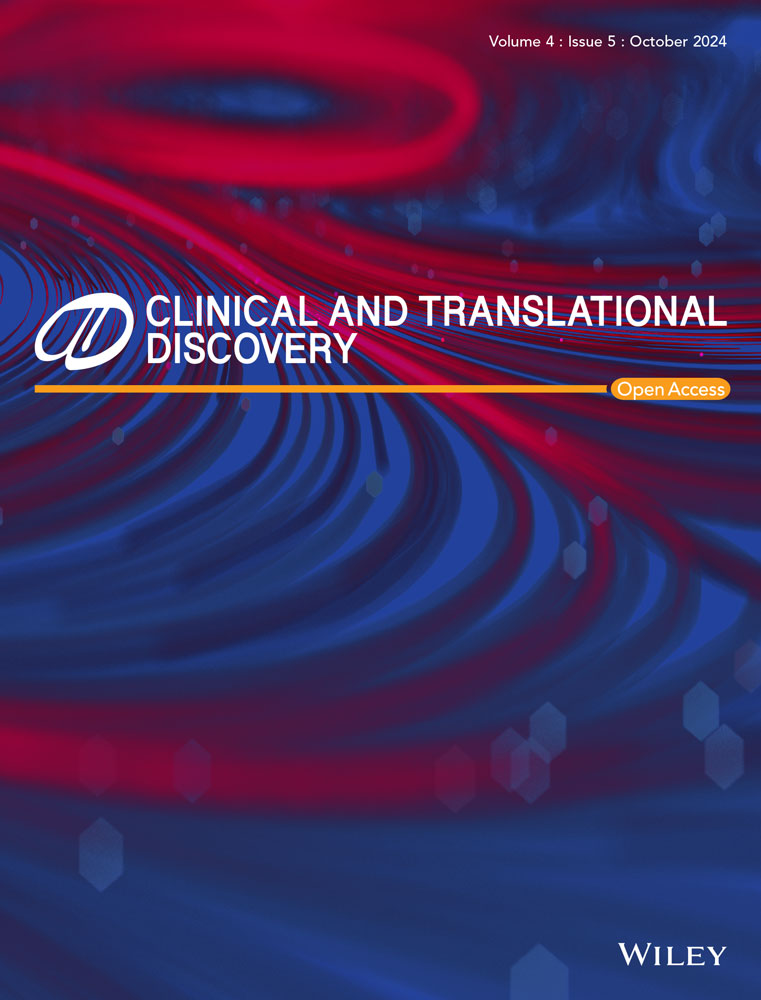Developing messenger RNA biomarkers: A workflow to characterise and identify transcript target sequences unaffected by alternative splicing for reproducible gene transcript quantification by reverse transcriptase quantitative polymerase chain reaction
Abstract
Most eukaryotic genes generate multiple messenger RNA (mRNA) transcript variants by alternative splicing. The incomplete annotation of gene transcripts in genomic databases can result in improper primer design, adversely affecting the reliability of gene expression measurements by reverse transcriptase quantitative polymerase chain reaction (RT-qPCR). Hence, we present a workflow combining bioinformatics analyses, to select two to three evolutionarily conserved constitutive exons in rats, mice and humans as target sequences for PCR primer design, with experimental RT-PCR amplification and amplicon sequencing to confirm the expression and identity of gene transcript targets. The application of this workflow to the characterization of neurodevelopmental biomarker genes identified an unannotated exon in the rat Map2 gene, illustrating the importance of target sequence validation for the development of translational mRNA biomarkers for toxicological and biomedical studies.
Open Research
DATA AVAILABILITY STATEMENT
Supporting data can be found online at https://doi.org/10.1002/ctd2.70009.
None.




